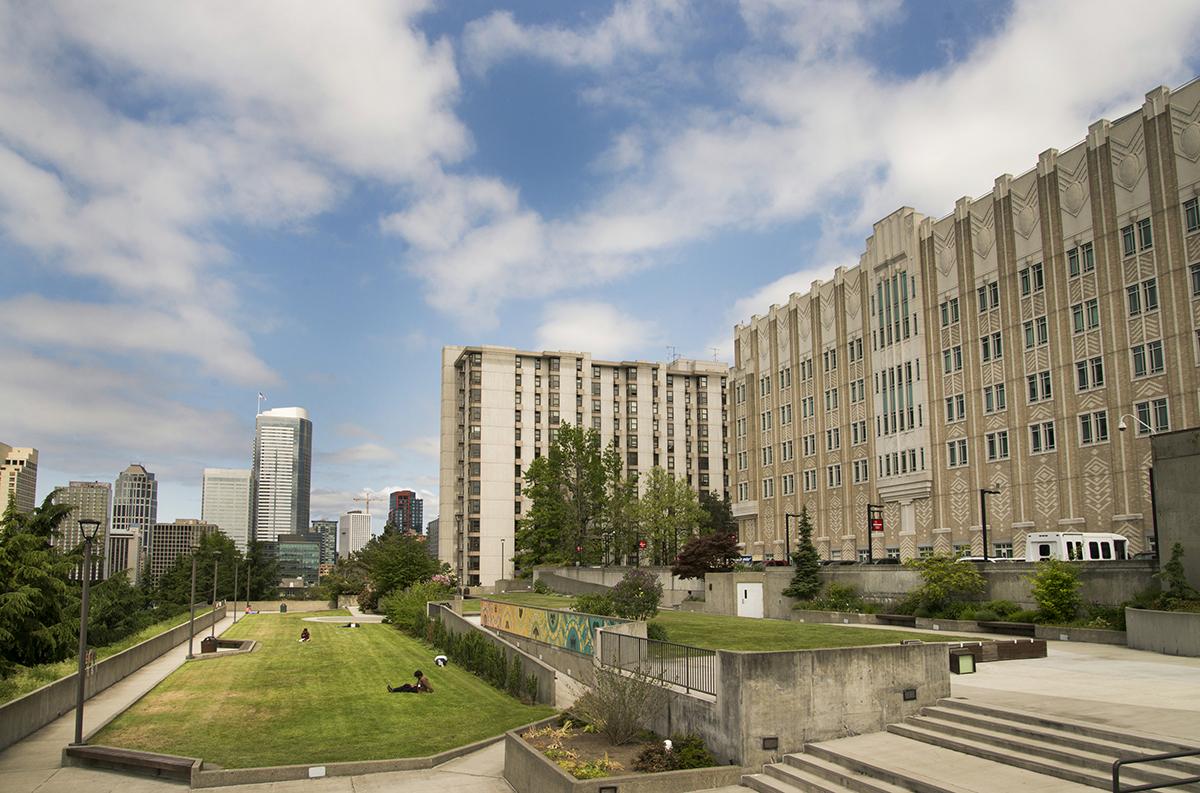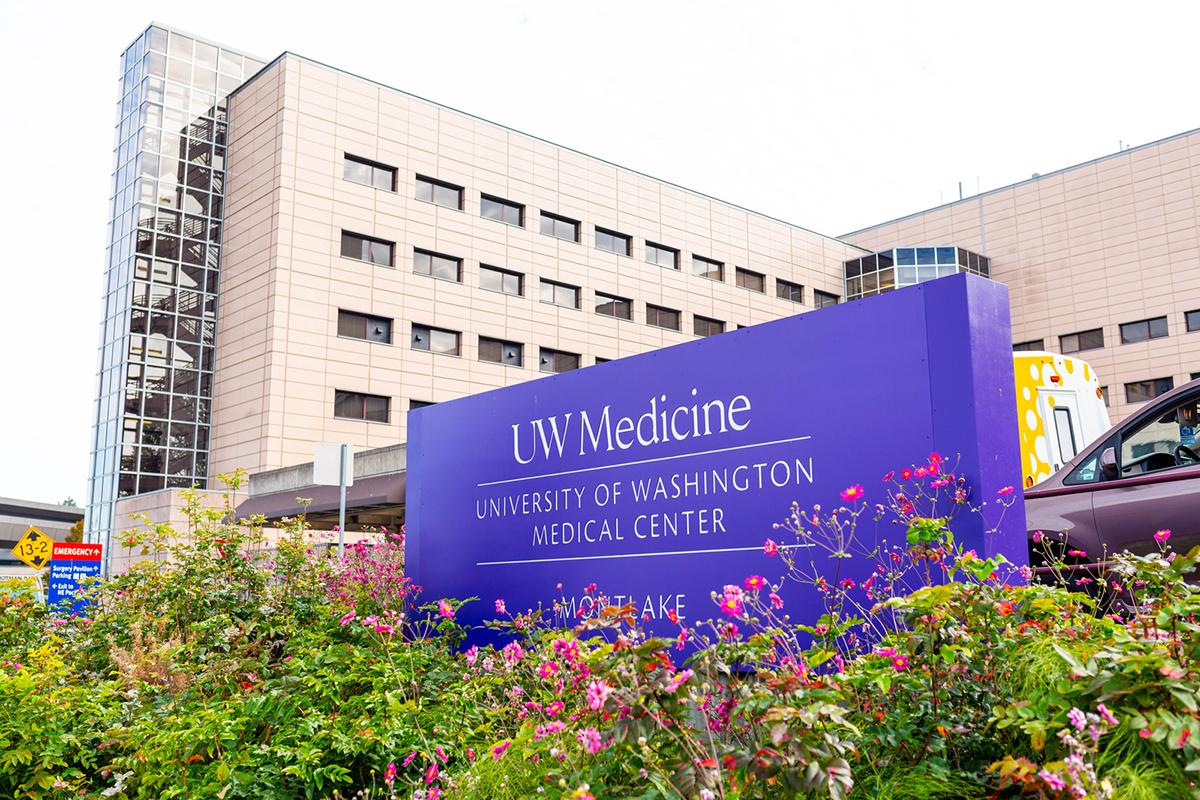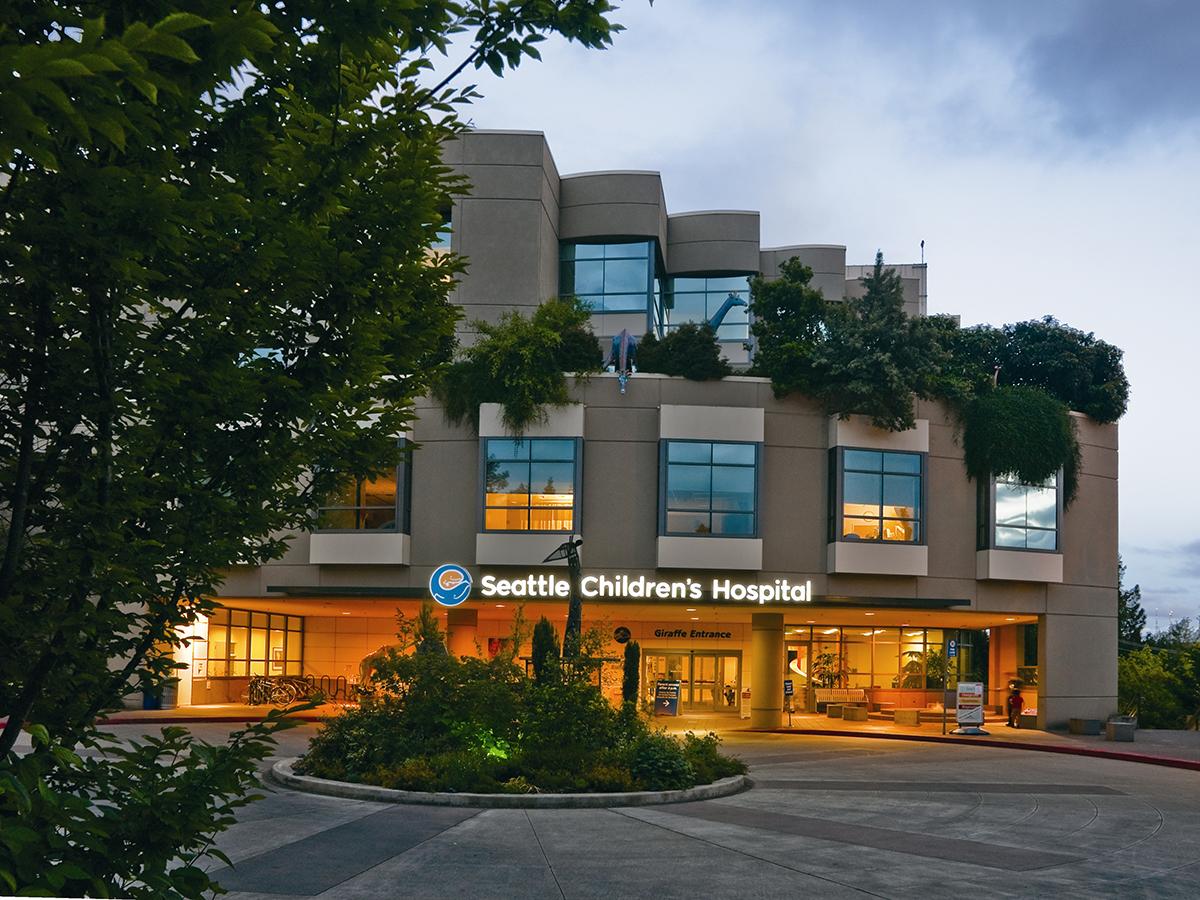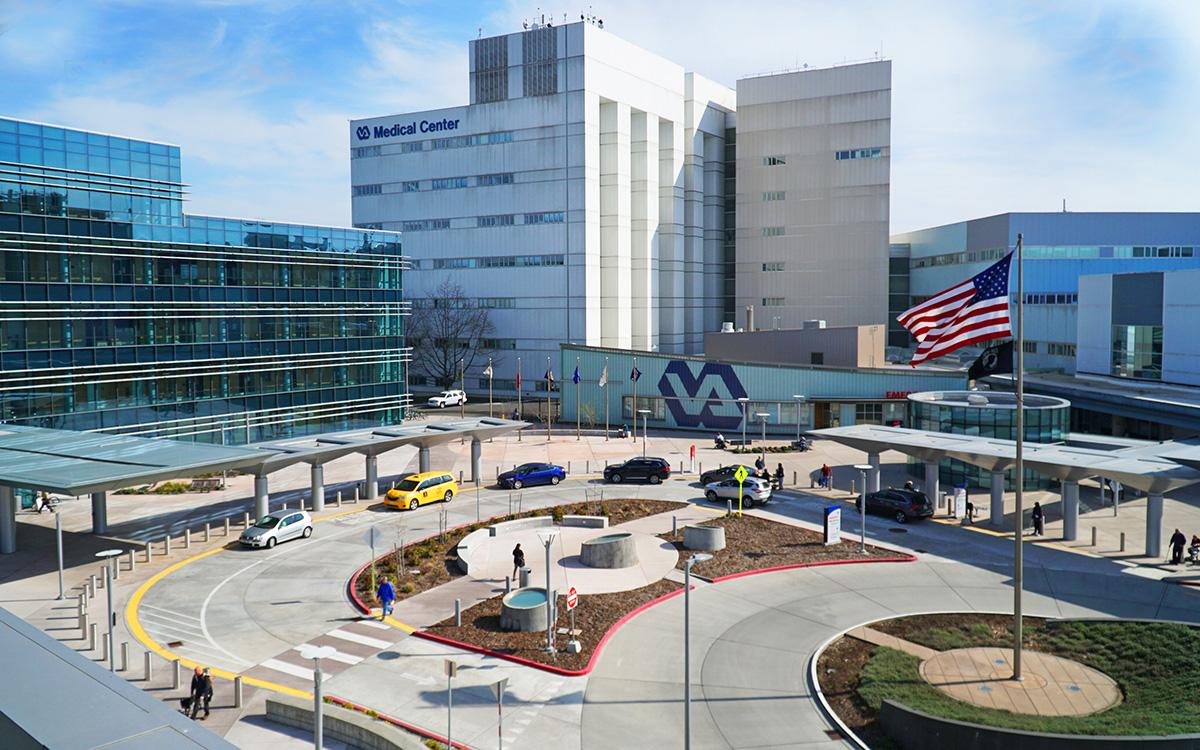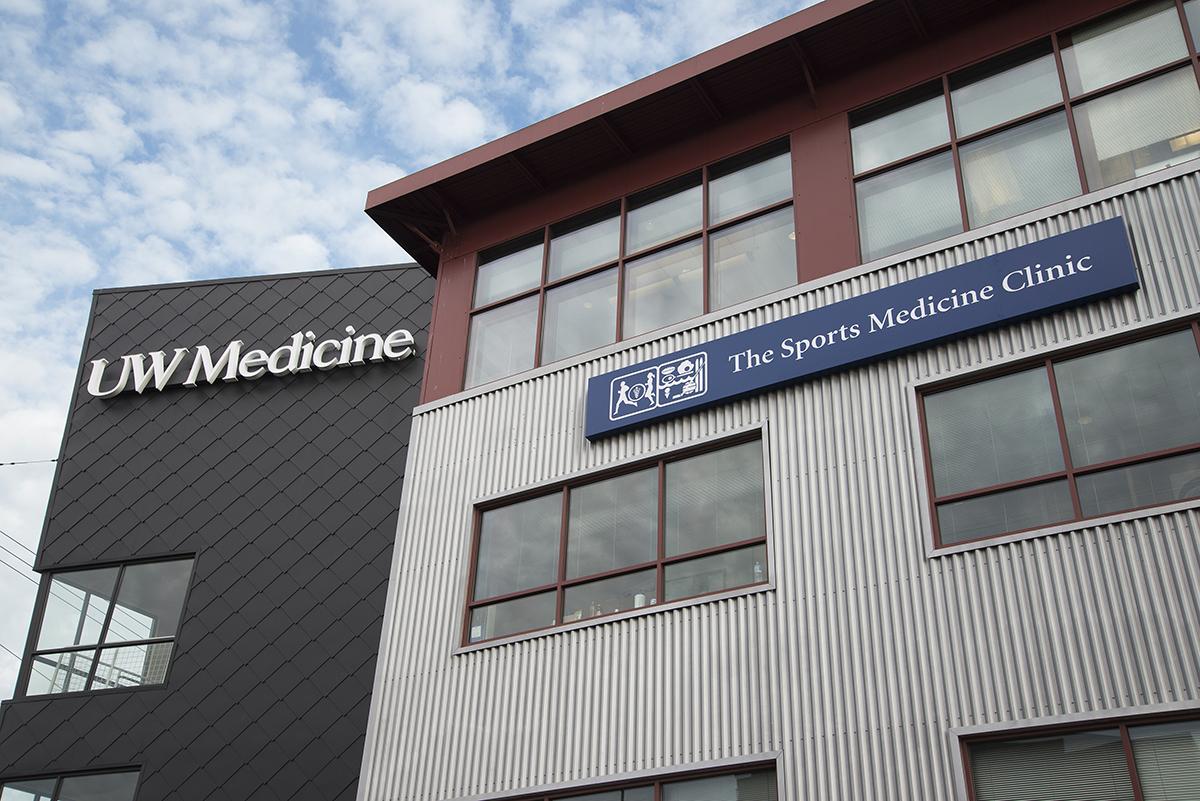
Patient Care
Clinical care is at the core of everything we do. As rehabilitation specialists, we work with you to help you recover, improve your quality of life, and meet your goals. Our vision is a world where everyone can fully participate and thrive, and that vision starts with each and every patient.
If you would like to find a provider, make an appointment, or find a clinical location, please visit UWMedicine.org. To learn more about rehabilitation and the clinical expertise offered by our department, read on.
What is rehabilitation?
Rehabilitation medicine can be an important part of your healthcare journey, helping you to recover from injuries and surgeries, manage chronic conditions, and improve your overall quality of life. Common situations requiring rehabilitation include:
- To recover from an injury or surgery: Rehabilitation medicine can help patients recover from a wide range of injuries and surgeries, including fractures, joint replacements, and spinal cord injuries.
- To manage chronic pain: Rehabilitation medicine can help patients manage chronic pain by providing a variety of treatments, including physical therapy, occupational therapy, and pain management techniques.
- To improve mobility and function: Rehabilitation medicine can help patients improve their mobility and function by providing exercises, assistive devices, and other tools to help them regain strength and independence. These same tools can help anyone—from professional athlete to grandparent who wants to play with the grandkids—maximize their athletic skill and function.
- To prevent further injury or disability: Rehabilitation medicine can help patients prevent further injury or disability by teaching them how to move safely and effectively, and by providing education and resources to help them manage their condition.
- To improve overall quality of life: Rehabilitation medicine can help patients improve their overall quality of life by addressing physical, emotional, and cognitive issues that may be affecting their health and wellbeing.
Our clinical divisions
We have five clinical divisions: General Physiatry, Pediatric Rehabilitation, Neurophysiology, Rehabilitation Psychology & Neuropsychology, and Sports & Spine. We help people with wide variety of medical conditions affecting the brain, spinal cord, nerves, bones, joints, ligaments, muscles, and tendons These conditions include spinal cord injury, brain injury, stroke, multiple sclerosis, cancer, and musculoskeletal and sports-related conditions. Long Covid is an emerging area of care, and our Post-COVID Rehabilitation and Recovery Clinic has received national attention as a comprehensive program addressing the long-term effects of COVID-19.
General Physiatry
Physiatry, also known as physical medicine and rehabilitation, is a medical specialty focused on helping patients regain their physical and functional abilities after an illness, injury, or disability. Our physiatrists, who are trained in the diagnosis and treatment of musculoskeletal and neurological conditions, work with patients to develop personalized treatment plans that may include physical therapy, occupational therapy, medication management, and other interventions.
Our physiatrists offer inpatient and outpatient services at hospitals and clinics throughout the UW Medicine system. Through our inpatient rehabilitation units at Harborview Medical Center (HMC) and UW Medical Center (UWMC), our physiatrists provide care alongside a multidisciplinary rehabilitation care team.
At both UWMC and HMC, the majority of people admitted to hospital are diagnosed with stroke, traumatic brain injury, spinal cord trauma, or polytrauma. Inpatient teams also care for patients with burns, amputations and neurological disorders.
Pediatric Rehabilitation
Our pediatric physiatrists work at Seattle Children’s Hospital to provide comprehensive rehabilitation services that help children and families adapt to changes after an illness or injury, or adapt to conditions present at birth that affect function.
Neurophysiology
The Division of Neurophysiology provides intraoperative neuromonitoring (IONM) services at HMC and UWMC. IONM is the continuous surveillance of a patient’s nervous system (the brain, spinal cord, and nerves) when it can be at risk of injury during surgery, particularly if the surgery involves the brain or the spine. If there is a risk of damage to the nervous system, a neurophysiologist can immediately alert the surgical team, who can then take steps to protect the patient’s nervous system. If your surgery requires IONM, your medical team will discuss this with you.
Rehabilitation Psychology & Neuropsychology
Rehabilitation psychologists at HMC and UWMC provide psychological care for patients in and out of the hospital. In the hospital, we see all patients on the Inpatient Rehabilitation Units and we are available on some units through the Rehabilitation Psychology Consult Service. We also see outpatients in the Rehabilitation Medicine Clinics at HMC and UWMC, the Alvord Brain Tumor Center and the Multiple Sclerosis Clinic.
Sports & Spine
The Division of Sports & Spine is led by Stan Herring, MD, Clinical Professor, co-founder and senior medical advisor of The Sports Institute at UW Medicine. Specializing in musculoskeletal medicine (MSK), our clinics are known for outstanding care in the areas of sports medicine, spine, and sports concussion. Patients are served through seven outpatient clinics across the healthcare system.
Faculty also serve as team physicians and consultants for youth sports, adaptive sports, professional teams including the Seattle Seahawks and Seattle Mariners, and individual elite athletes.
